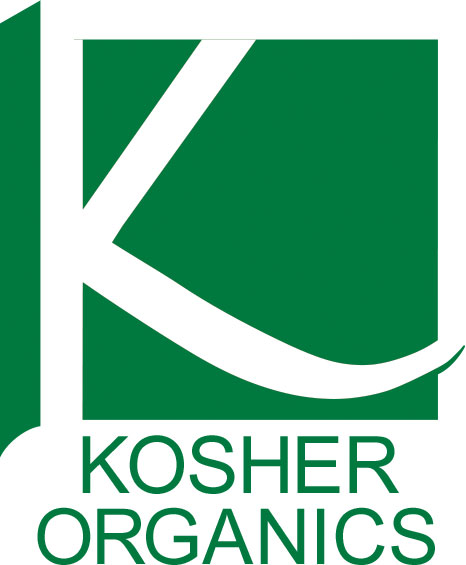The 2008 top ten claims for new products were : Kosher ; all natural; no additives/preservatives; organic, microwaveable; trans-fat (low/no/reduced); fat (low/no/reduced); premium; low/no/reduced allergen; calorie (low/no/reduced).
Kosher is the most frequently used claim on food and drink products launched this year, which suggests that the growing interest may be more to do with food safety than religion.
Kosher was in first place with 5,389 new launches in 2008 in a top ten list of claims for new food and beverage products, followed by “all natural” and “no additives/preservatives”.
A previous report from Mintel released earlier this year, suggested that the kosher food market was growing, “not so much because of religion, but because consumers of various backgrounds trust kosher foods to be safer and clearly marked as to ingredient content”.
The research indicated that more than half of consumers who purchased kosher products did so because they considered them to be safer than products not certified as kosher. They believed that kosher food was produced under stricter supervision than is provided by government inspection, and for many consumers, the kosher symbol guarantees that the food is free of contaminants or disease.
The kosher food market in 2008 was worth about $13.2bn in the US and growth was estimated at 10-15 percent annually from 2004 to 08.
Non-religious market Mintel said it would also be beneficial for manufacturers and retailers of kosher products to educate consumers about the positive attributes of kosher, outside of religious reasons.
It said that two specific examples of kosher consumers for non-religious reasons are lactose-intolerant consumers. This is because they are able to verify that a kosher product is dairy-free by checking the kosher certification label rather than scanning the entire ingredient list. And kosher products that do not contain meat are more clearly labelled than other types of products, appealing to vegetarian consumers.
